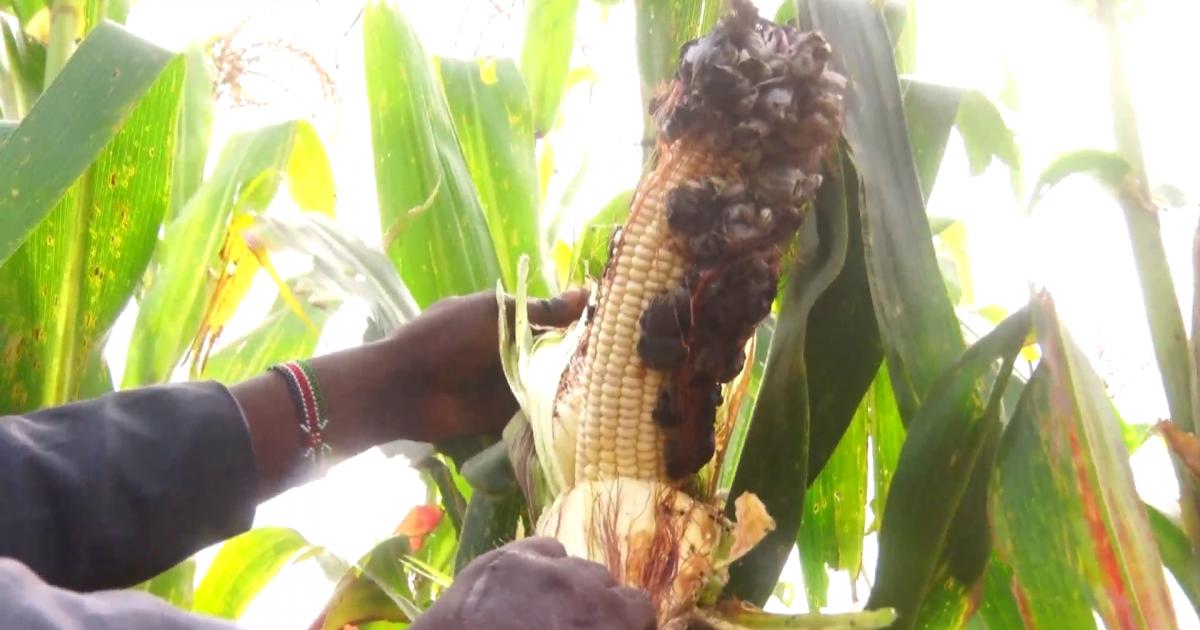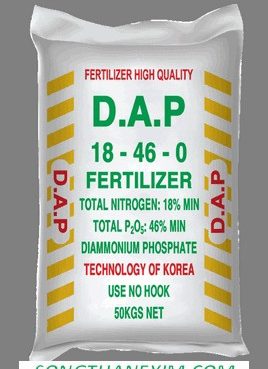Farmers should be cautious when buying hybrid planting seeds in a bid to be sure they get the right seeds that can do well in their region to avoid incurring losses.
Narok South Deputy County Commissioner Felix Kisalu said counterfeit seeds have flooded the market and were being sold out to unsuspecting farmers by unauthorised dealers.

He called on farmers to check the Kenya Bureau of Standards (KBS) label on the package to be sure the company selling them seeds was authorised and confirm the expiry date to avoid buying expired seeds.
Whenever they are in doubt, Kisalu advised the farmers to seek advice from the Agriculture Extension Officers who will help in giving directions on the best seedlings to plant in specific regions.
“We want to boost food security in our country hence, we need to maximise every harvest. Farmers should seek proper guidance from professionals to get a huge harvest,” he said.
The call was triggered by a group of farmers who lamented incurring huge losses after their maize plantation was attacked by head smut disease that is caused by fungal infection.
The farmers from Ololunga and Olkirioine areas in Narok South Sub County alleged the disease was caused by poor quality of seed planted.
A renowned farmer in the area Edwin Mainga said he planted maize hybrid 6230 in his 168 acres piece of land expecting a good harvest but was shocked when most of the crops started showing signs of fungal infection.
The farmer says he used a total of Sh2 million to prepare the shamba and buy seeds for planting, an activity he has been doing for the last six years.
He said to save on time, this year he requested planting seeds from an agent who supplied him with hybrid 6230 seeds he described as having been parked by Kenya Seed Company.
However, the crop did not do well as in the previous years as the plants started developing head smut when they reached the maturity stage.
He says the situation has made him incur losses amounting to millions of shillings as was forced to sell his plant for animal feed and not human consumption.
Another farmer Mzee Raphael Keiwua said he is counting similar losses after planting the same brand of hybrid 6230 that he bought from the same supplier.
The farmer suspects the seeds must have been mixed and packed ahead of sale to unsuspecting farmers who bought the seeds at the market price of Sh350 per two kilogram of hybrid seeds.
According to a report on Kenya Agricultural and Livestock Research Organisation (KALRO) website, Head smut is a fungal disease that affects cereal crops including maize, sorghum and grasses. Research shows that the disease is prevalent in the fields that are exposed to crop stress, which includes poor nutrient levels, weeds and moisture.
Farmers are advised to implement crop rotation to break the cycle of the disease, plough and burn of infected plants.
It is not advisable to feed the cattle with the infected crop as the fungus that cannot be digested is passed out through dung and later reproduces posing threat to crops again.
By Ann Salaton





